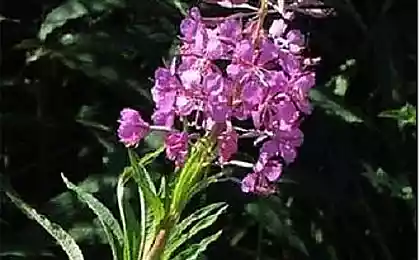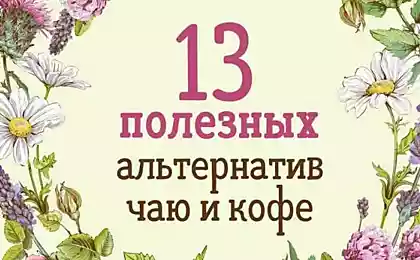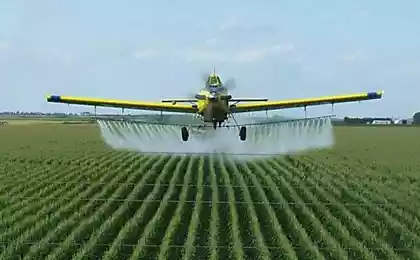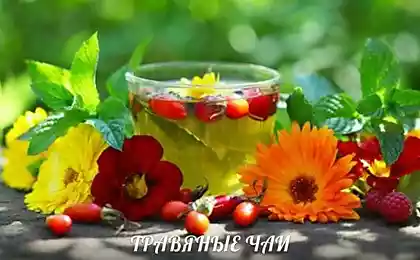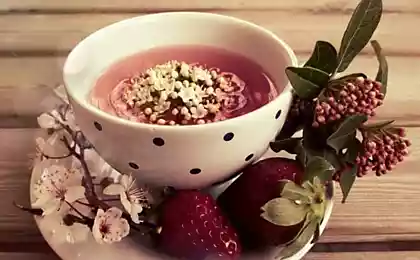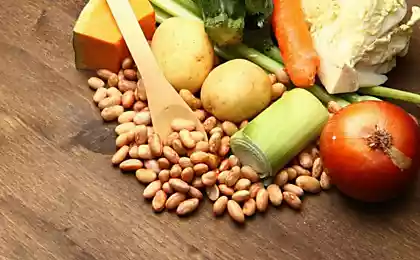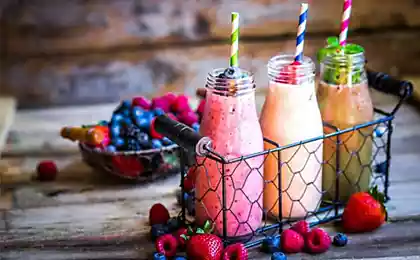468
Tea with pesticides for Breakfast

The largest Unilever, owner of Lipton brand, decided to exclude the use of pesticides, including under the pressure of Greenpeace. India and China are the largest producers of tea in the world. However, recent studies Greenpeace in tea, of many varieties imported from these countries, be found to have pesticides. According to the results of analysis in the pesticide list was almost all varieties, including imported to Russia under the brands Lipton, Brooke Bond, Twinings.
For research bought tea is not only different brands but also different types: green, black, red, Oolong. The results were disappointing: for example, 46 of the 49 species of Indian tea was discovered at least one pesticide, in 29 samples is a whole cocktail of pesticides. Moreover, the analysis proved the use in the cultivation of tea leaves banned substances: DDT, endosulfan and monocrotophos. It is proven that they ingested in certain doses can lead to genetic changes and influences the development of the fetus during pregnancy. A similar situation exists with pesticides in Chinese teas.
Shortly after the start of the campaign Greenpeace on the study of tea is Unilever, owner of Lipton brand, made a statement that by 2020 will eliminate the use of pesticides in tea cultivation and establishment of partnerships with suppliers and farmers and following their refusal to hazardous chemicals. Statements about reducing the use of pesticides was made by the Indian company Tata Global Beverages Limited.
After the release of the report of the Federation of agriculture of India (CCFI) has filed a lawsuit against Greenpeace India for $ 8 million, accusing the organization of defamation. The Federation says that the Indian tea is free of pesticides above the established norms, it is obvious that her accusation contradicts not only scientific research but also the applications themselves manufacturers of Indian tea, which are preparing a program for the abandonment of the use of pesticides in production.
Farmers in India © Karan Vaid / Greenpeace
"Today Russia ranks fourth in the world in terms of tea consumption. For us tea is a traditional and popular drink. That is why we are in contact with our colleagues from Greenpeace India. It is obvious that the use of pesticides have seriously limited, and companies need to abandon the use of hazardous substances" — says Rashid Alimov, head of the toxic program projects Greenpeace.
Today, the pesticides are almost all varieties and types of tea cultivated in India, China and other tea drinking countries. A recent study in India it is no coincidence that it was aimed at big brands. Today only the market giants are able to change the situation in the food sector, eliminating pesticide use throughout its supply chain.
This past weekend Greenpeace took part in the International tea and coffee festival in St. Petersburg, where he lectured about the dangers of using pesticides in tea cultivation.
Source: www.greenpeace.org




